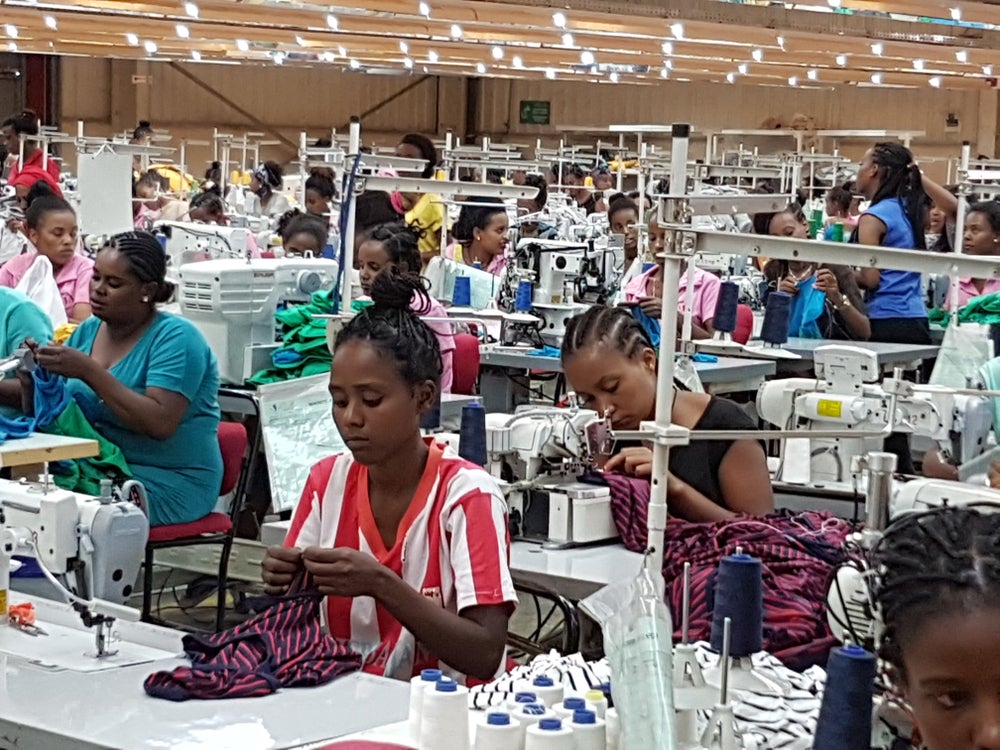
Stein Mart has raised “substantial doubt” about its ability to survive over the next 12 months and is considering a number of options, including a sale of the company, after the Covid-19 pandemic hit operational results and cash flow.
The off-price fashion retailer said in an SEC filing the coronavirus and subsequent temporary store closures weighed on liquidity and its ability to pay vendors and landlords.
“Our management has determined that there is substantial doubt about our ability to continue as a going concern over the next twelve months and our independent registered public accounting firm has included a “going concern” explanatory paragraph in their report on our financial statements as of and for the year ended 1 February 2020,” the company said.
Stein Mart added it is actively negotiating with vendors and landlords regarding restructuring payment of unpaid accounts payable and rent, but that there is no assurance those discussions will be successful.
The off-price fashion retailer is also exploring additional sources of financing to provide it with additional liquidity and other strategic alternatives, including a sale of the company.
See Also:
“As stores have reopened, the traffic at our stores has steadily increased, but has not yet recovered to pre-pandemic levels,” the retailer continued. “Although omnichannel sales have remained strong, they have not compensated for the loss of in-store sales. Sales continue to recover as our stores reopen, but remain well below last year.
How well do you really know your competitors?
Access the most comprehensive Company Profiles on the market, powered by GlobalData. Save hours of research. Gain competitive edge.

Thank you!
Your download email will arrive shortly
Not ready to buy yet? Download a free sample
We are confident about the unique quality of our Company Profiles. However, we want you to make the most beneficial decision for your business, so we offer a free sample that you can download by submitting the below form
By GlobalData“If our operating results fail to improve, we could violate additional debt covenants and our liquidity would be further adversely impacted and we would need to secure additional sources of funding.”
The company said that the “going concern” warning represented a default on its revolving facility and term loan agreements. It has subsequently reached waiver agreements with Wells Fargo and Gordon Brothers that put additional restrictions on its borrowing terms.
In its filing, Stein Mart outlined how the company’s sales and operating results are affected by consumer sensitivity to economic conditions and world events, and that it faces “intense competition” in the retail industry. Unanticipated changes in fashion trends and changing consumer preferences may adversely affect sales, it warned.
Due to the Covid-19 pandemic, the retailer also explained that its merchandise vendors may have been negatively impacted by the financial difficulties of other retailers, thereby creating concerns about their ability to provide Stein Mart with payment terms or merchandise that is “suitable to our brand”.
In April, a deal to take Stein Mart private was terminated in response to the unpredictable economic conditions resulting from the coronavirus pandemic. Stein Mart and Kingswood Capital Management mutually agreed to end the merger, which would have seen an affiliate of Kingswood acquire all of the outstanding common stock of the retailer.
In its most recent financial results, Stein Mart reported a net loss of US$0.3m for the fourth quarter ended 1 February, compared to net income of $3.7m last year. Net sales declined to $336.6m from $340.8m for the fourth quarter of 2018.
As of February 2020, the company operated 283 stores.







